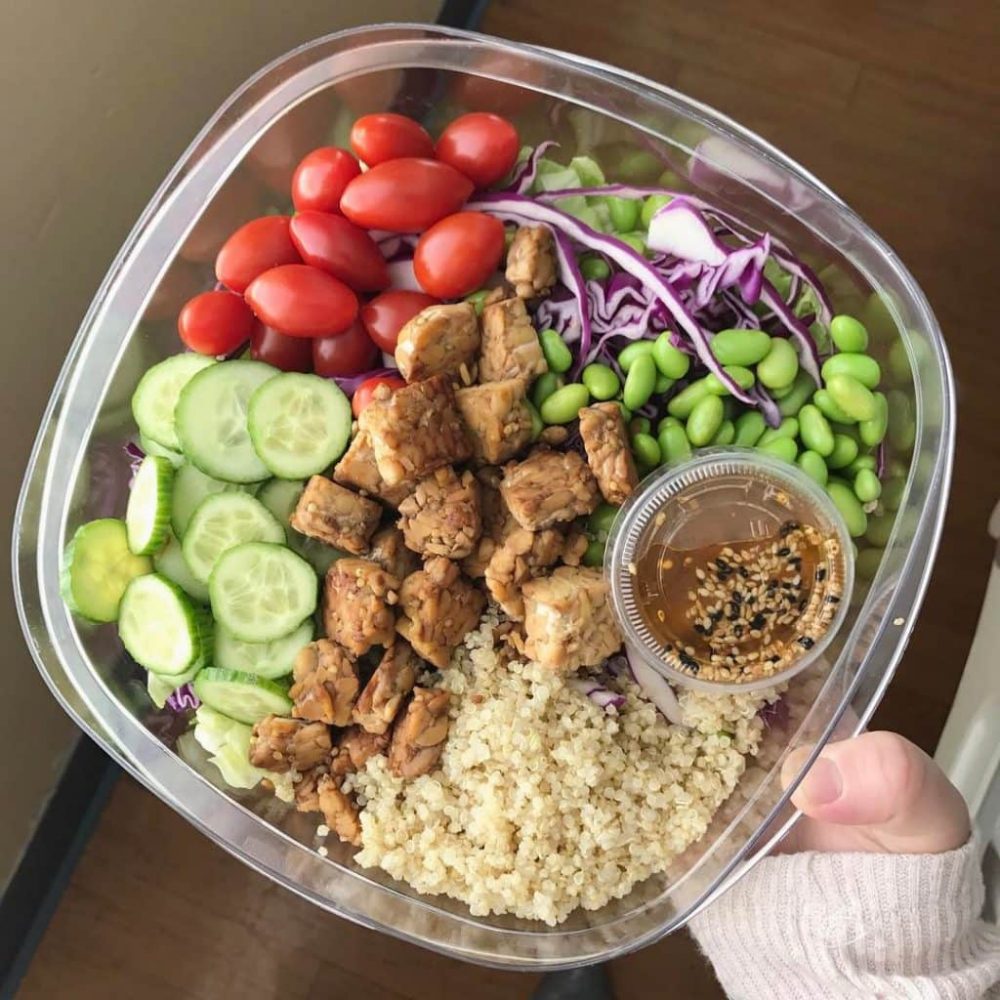I am not a fan of the word diet because I am a firm believer in eating clean and fueling your body on what feels right at the time. That said, there are 100’s of diets out there and many of them can be confusing and vague.
In this article, I discuss some of today’s most common diets to help you understand which components may be helpful vs. harmful to your body. I am not advocating you adopt any of these, but the more we learn, the better we can be our best body advocates.

The Atkins Diet
The Atkins diet, focuses on controlling the levels of insulin the body through a low-carbohydrate diet.
The science behind the diet says if people consume large amounts of refined carbohydrates their insulin levels rise and fall rapidly and trigger the body to store energy from the food that is consumed. This means the body will use less fat as a source of energy.
Therefore, people on the Atkins diet avoid carbohydrates but can eat as much protein and fat as they like.
The Zone Diet
The Zone diet aims for a nutritional balance of 40 percent carbohydrates, 30 percent fats, and 30 percent protein in each meal. The focus is also on controlling insulin levels, which may result in more successful weight loss than other approaches.

The Zone diet encourages the consumption of high-quality, unrefined carbohydrates, and fats, such as olive oil, avocado, and nuts. (PULL VIDEOS FROM BELLY FAT LOSS FOOD GROUP VIDEOS I.E LEAN MEATS AND FISH SHOT, OLIVE OIL SHOT, NUT SHOT, BERRY SHOT UNREFINED CARBS)
Ketogenic Diet
The Ketogenic diet has been used for decades as a treatment for epilepsy. It involves reducing carbohydrate intake and upping fat intake. It sounds contrary to common sense, but it allows the body to burn fat as a fuel, rather than carbohydrates.
Healthy fats, such as those in avocados, coconuts, nuts, oily fish, and olive oil are liberally added to the diet to maintain an overall emphasis on fat.
The diet causes the breakdown of fat deposits and creates ketones.
Vegetarian Diet
Many people choose a vegetarian diet for ethical reasons, as well as health.
There are various types of vegetarian: lacto-vegetarian, pesco-vegetarian, and semi-vegetarian.
Some studies claim that vegetarians have a lower body weight, suffer less from diseases, and typically have a longer life expectancy than people who eat meat.
Vegan Diet
Veganism is more of a way of life than a diet, usually adopted not only for health reasons, but also for environmental and ethical reasons. Vegans do not eat anything that is animal-based, including eggs or dairy.
Vegans believe that modern intensive farming methods are bad for our environment and unsustainable in the long-term.
Weight Watchers Diet
Weight Watchers focuses on losing weight through diet, exercise, and a support network.
Dieters can join either physically and attend regular meetings, or online. In both cases, there is lots of support and education available for the dieter.
South Beach diet

The South Beach Diet was started by a cardiologist focuses on the control of insulin levels, and the benefits of unrefined slow carbohydrates versus fast carbohydrates.
Raw Food Diet
The raw food diet involves consuming foods and drinks that are not processed, are completely plant-based, and ideally organic.
Raw foodists believe that at least three-quarters of a person’s food intake should consist of uncooked food.
Mediterranean Diet
The Mediterranean diet focuses on the nutritional habits of the people of Greece, and southern Italy. The emphasis is on lots of plant foods, fresh fruits as dessert, beans, nuts and whole as the main source of dietary fats. Cheese and yogurts are the main dairy foods. The diet also includes moderate amounts of fish and poultry.
The Mediterranean diet is the most extensively studied diet to date, with reliable research supporting its use for improving a person’s quality of life and lowering disease risk.
I hope this provides you with useful information on the variety of diets circulating today. A good approach in determining how you should consume is to consider the key benefits of each of these and how you may want to incorporate some of them into your daily routine.
Janine Denaley is a firm believer in everything in moderation and that extreme diets are best to avoid. The more we learn, the more equipped we are to take care of our bodies.
Disclaimer
The Content is not intended to be a substitute for professional medical advice, diagnosis, or treatment. Always seek the advice of your physician or other qualified health provider with any questions you may have regarding a medical condition.